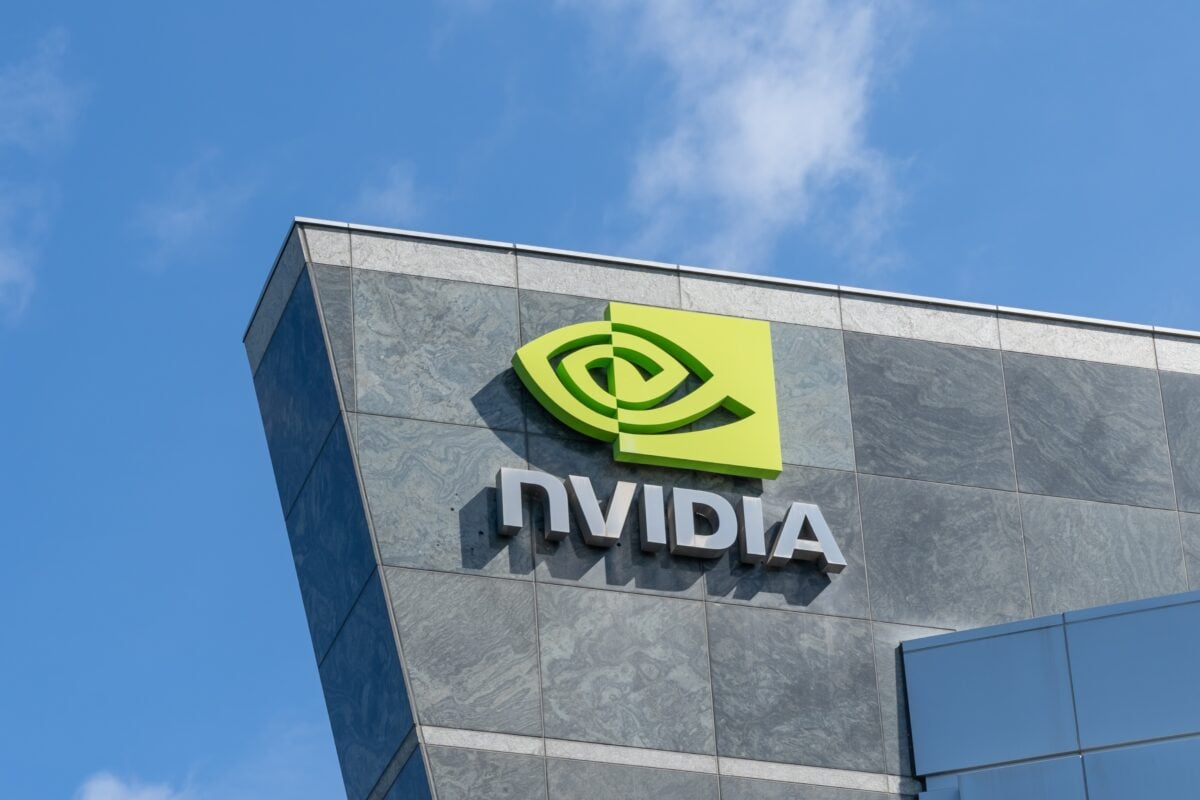TLDRs;
Contents
- Six Senate Democrats urge Trump to cancel Nvidia and AMD’s AI chip deal with China, citing national security risks.
- White House defends a 15% revenue-sharing framework, calling it pragmatic amid difficult enforcement of export restrictions.
- Chinese regulators ordered tech giants like ByteDance and Tencent to pause Nvidia chip purchases pending national review.
- U.S. restrictions accelerate China’s domestic chip development, with localization projected to exceed 55% by 2027.
Six Senate Democrats are urging President Donald Trump to scrap a controversial deal that allows U.S. chipmakers Nvidia and AMD to sell advanced artificial intelligence (AI) processors to China in exchange for a 15% government revenue share.
The lawmakers argue that the agreement jeopardizes U.S. national security by potentially boosting China’s military capabilities.
The chips at the center of the dispute, Nvidia’s H20 and AMD’s MI308, are among the most powerful AI accelerators in the world. Critics fear that access to such technology could help Beijing strengthen its defense systems, surveillance infrastructure, and overall military edge.
The senators have requested a formal response from the White House by August 22, setting up a sharp confrontation between Congress and the administration.
White House Dismisses Security Concerns
The White House has dismissed the Democrats’ objections, suggesting the criticism is politically motivated.
Administration officials argue that the revenue-sharing framework represents a pragmatic compromise, allowing U.S. companies to profit while ensuring Washington secures financial benefits from exports that are nearly impossible to block entirely.
Republican officials have also highlighted what they describe as Democrats’ “inconsistent” stance on chip exports, pointing to earlier cases where some members of the party supported limited trade. This rhetoric underscores the polarized political environment surrounding U.S.-China tech policy, where national security, economic interests, and election-year politics frequently collide.
Beijing Orders Tech Giants to Pause Chip Purchases
While the U.S. debate continues, China is responding with its own restrictions. Reports from Bloomberg and The Information reveal that Beijing has instructed tech giants ByteDance, Alibaba, and Tencent to pause further purchases of Nvidia’s AI chips pending a national security review.
This directive underscores how the semiconductor industry has become a flashpoint in the ongoing U.S.-China rivalry.
China, long reliant on foreign chipmakers, has increased investment in homegrown semiconductor research and development. Local companies such as Huawei and Cambricon are stepping up efforts to produce domestic AI chips, hoping to reduce reliance on U.S. suppliers.
From Blocking to Revenue-Sharing
The Trump administration’s revenue-sharing deal marks a sharp break from past approaches. Traditionally, U.S. presidents opted to block Chinese access to sensitive technology outright. For instance, in 2016, the Obama administration stopped a Chinese acquisition of German chipmaker Aixtron, citing national security concerns.
Similarly, in 2018, Washington blocked semiconductor sales to Fujian Jinhua over allegations of trade secret theft.
Analysts describe the new approach as moving from a “freeze-in-place” model to a “sliding scale,” where limited access is permitted under tight oversight and financial benefit.
Global Chip Rivalry Intensifies
The stakes go beyond just Nvidia and AMD. Export restrictions have already accelerated China’s push toward semiconductor independence.
Analysts project that China’s AI chip localization ratio could surge from 17% in 2023 to 55% by 2027, thanks to massive state-backed investments worth nearly $95 billion.
While U.S. controls may disrupt Chinese firms in the short term, they also create powerful incentives for Beijing to invest in domestic alternatives. If successful, this could diminish the global market share of American chipmakers over the long run. Nvidia, valued at $4.4 trillion, has already seen its revenue from China shrink from 26% in 2022 to just 13% in its latest fiscal year.


